
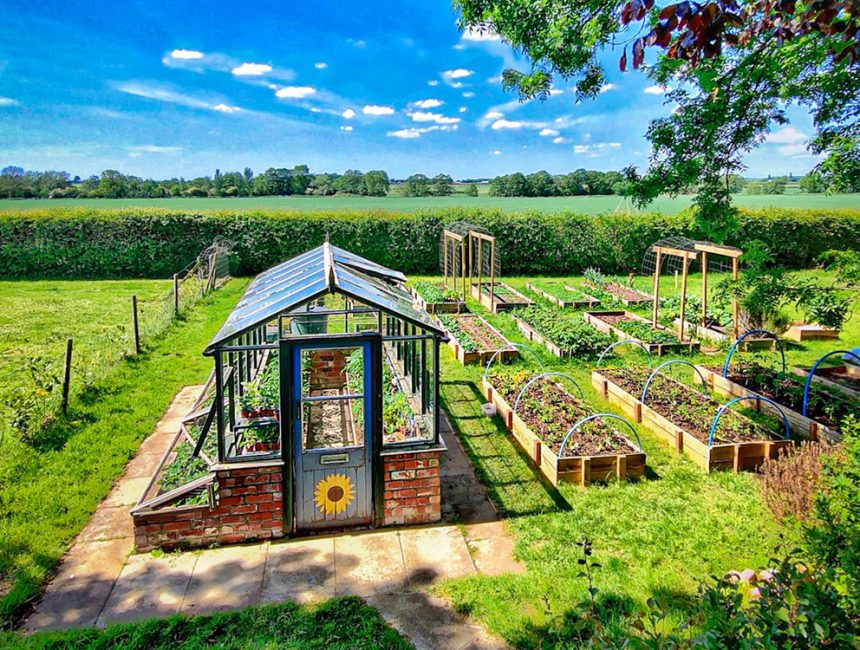
The goods that money can’t buy. That’s exactly what you can get your hands on with homegrown horticulture. Whether it’s the end product or the experience of growing it, doing it for thyself offers priceless rewards.
Naturally we’re curious to see what people get up to and are always keen to promote further adventurism in plant cultivation. Unable to resist the pull of some truly fascinating and intrepid gardening, our curiosity led us inexorably into the orbit of Good Life Garden. Diana, the Lincolnshire-based gardener behind this wildly popular blog, took us through exactly how she goes about raising fruit and veg that excite the mind and delight the tastebuds. You’re going to want to know more!
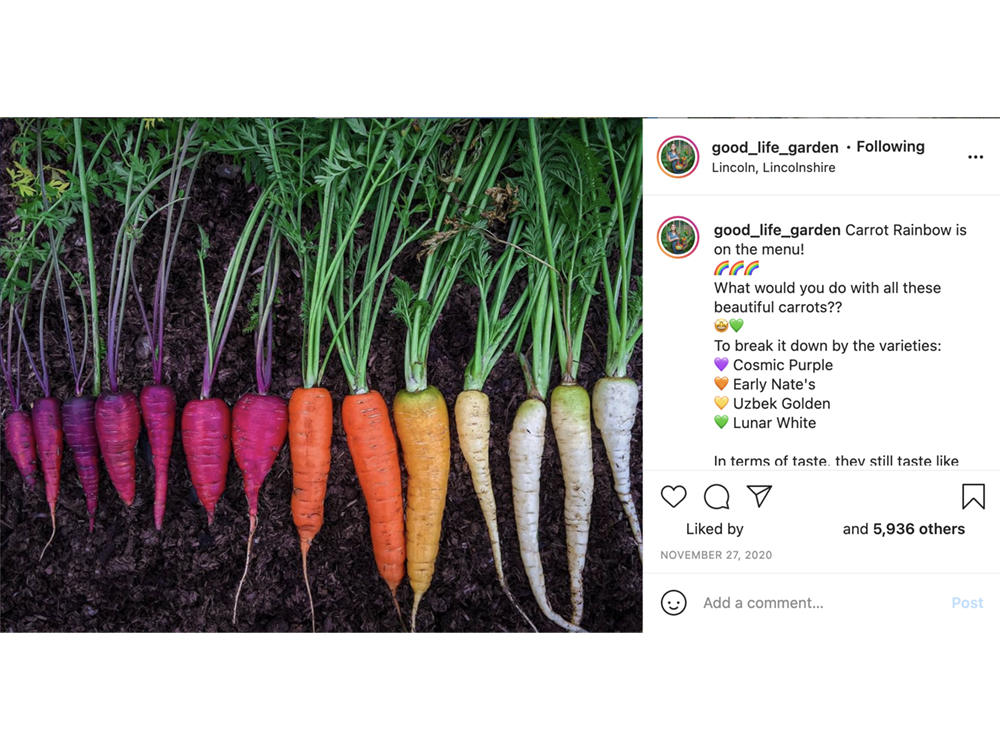
“Crazy looking rainbow carrots, blue squash, black tomatoes etc.”, it’s all par for the course with Diana. Though these undoubtedly jazz up Good Life Garden’s Insta feed, the eclectic selection of veg is not about window dressing. “Everything I grow is what I or my other half wants to eat. We are absolutely fascinated to try out the kind of fruit and veg that’s not available in the supermarkets”. But owning what she eats goes way beyond Diana’s choice of plants.
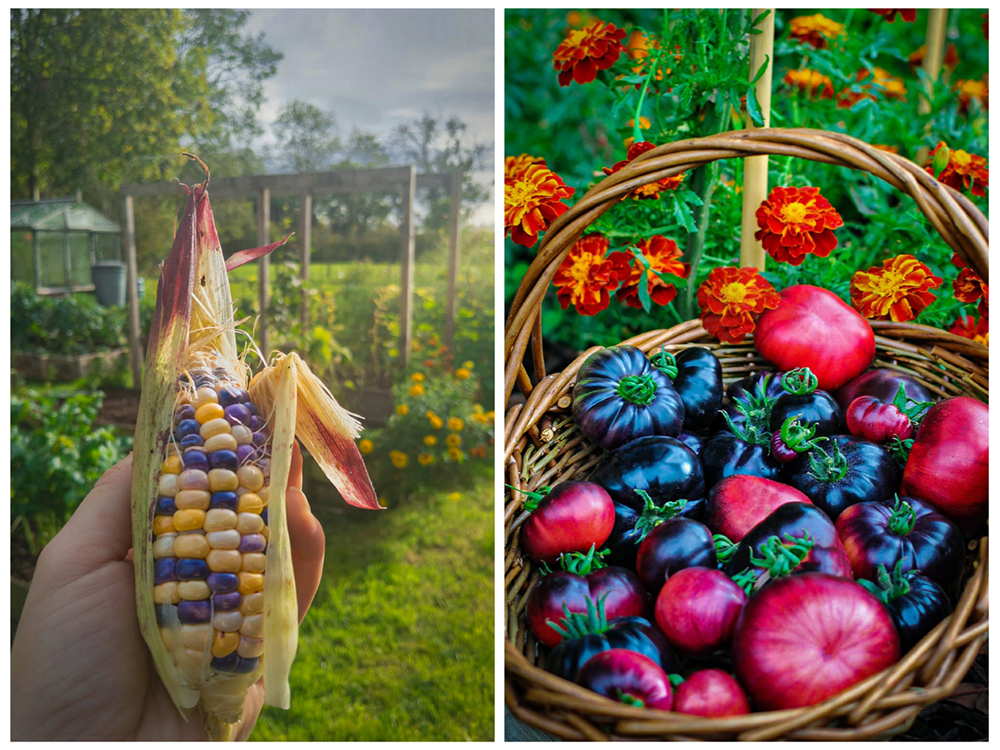
As well as allowing you to select your output, cultivating at home allows you to control inputs. Like many growers Diana considers it important that she can trust in the provenance of their food. “It is organic, and we know what went into growing our produce.”
An enviable amount of outdoor space allows Diana to grow a wide variety. She has over twenty raised beds and a greenhouse. These are where she mostly grows vegetables, “for eating fresh or cooking in the kitchen.” There’s also a small fruit tree orchard “for apples, pears, plums, cherries, damsons etc.) and a patch for soft fruit, that includes a selection of gooseberries, raspberries, currants and strawberries.”
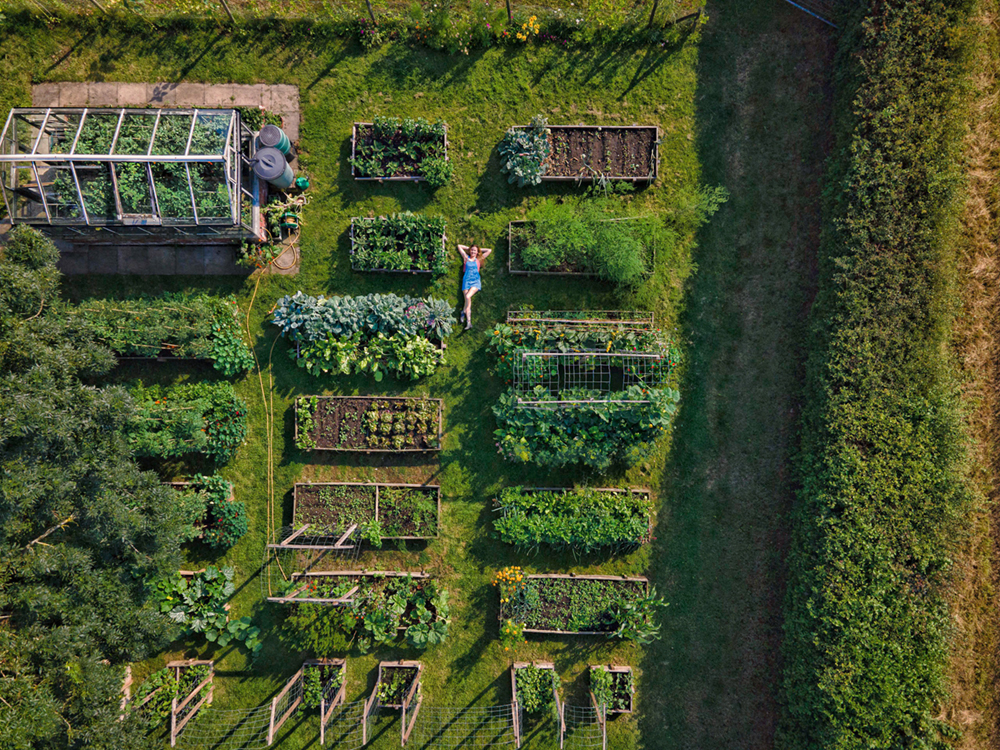
Despite the scale of her work Diana always relates back to her beginnings. Her advice is to “start small, understand what you want to grow (food that you like to eat?) and take it from there. As long as you start somewhere!”. Notwithstanding the space at her disposal certain facts of home growing life also apply to her as much as any keen horticulturalist.
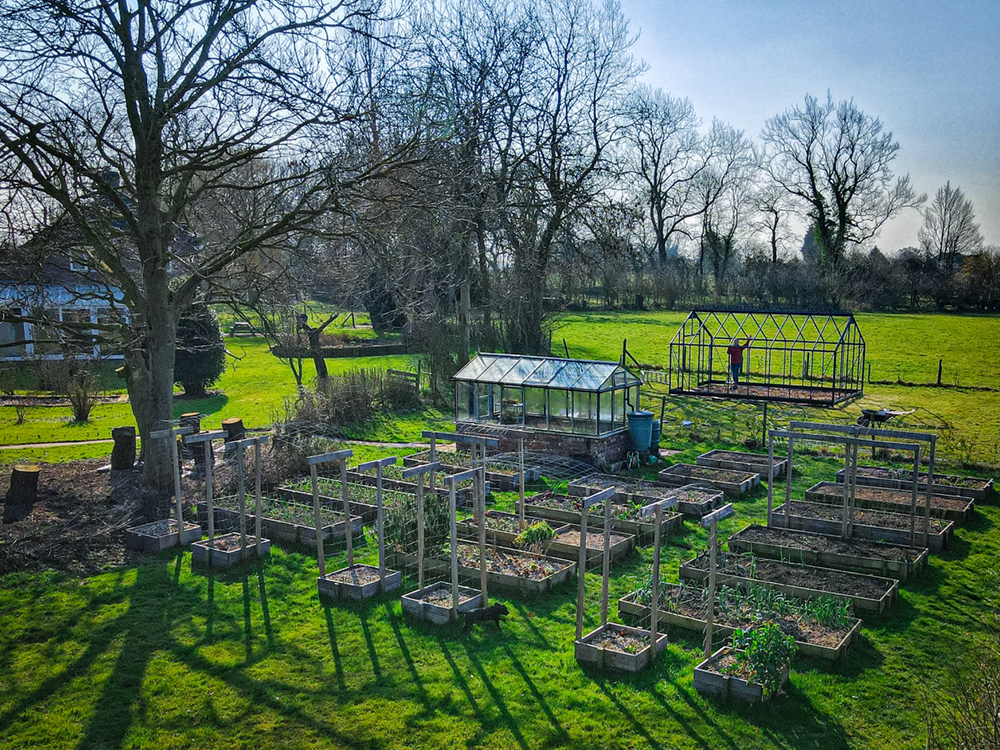
Firstly, given a space in which to grow Diana has gone out and filled it, extracting the most from an area, often with a great deal of ingenuity. Secondly, plants still require care and attention. Thirdly, unless you embrace growing technology certain plant types are ruled out by climate and workload. Diana’s affinity for space-optimisation, respect for responsive growing, and ardour for experimentation with interesting varieties made her an absolute shoo-in for an AutoPot–Mills trial. We had a chat with her about gardeners attitudes towards the application of hydro tech.
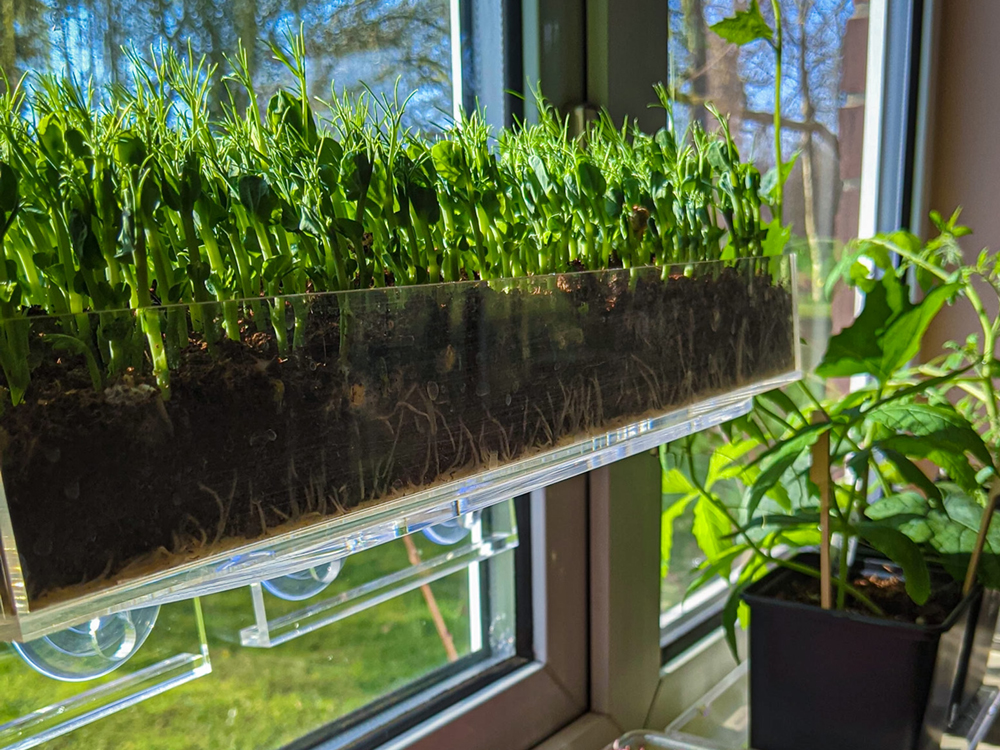
Quite revealing was Diana’s take on the gap between hydro growers and traditional gardeners. A gap that still needs bridging. “Personally speaking, I think innovation is the future. But I also think there needs to be more information out there. When I started to get into gardening, I didn’t know about automated watering systems”.
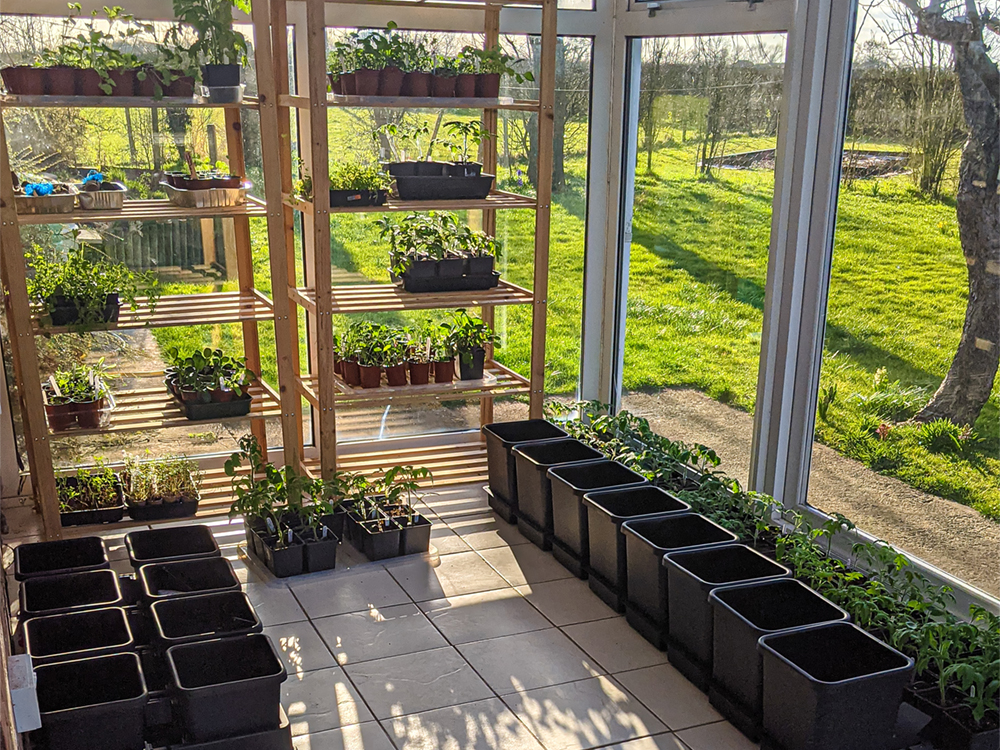
We know this lack of information is a problem where keen, newbie gardeners are concerned. There’s a real chance they’re missing an avenue into growing at home. The idea behind hook-ups like ours with Good Life Garden is to get wider exposure for what is possible – no matter how small your growing space or how minimal your available time. And so to the plan.
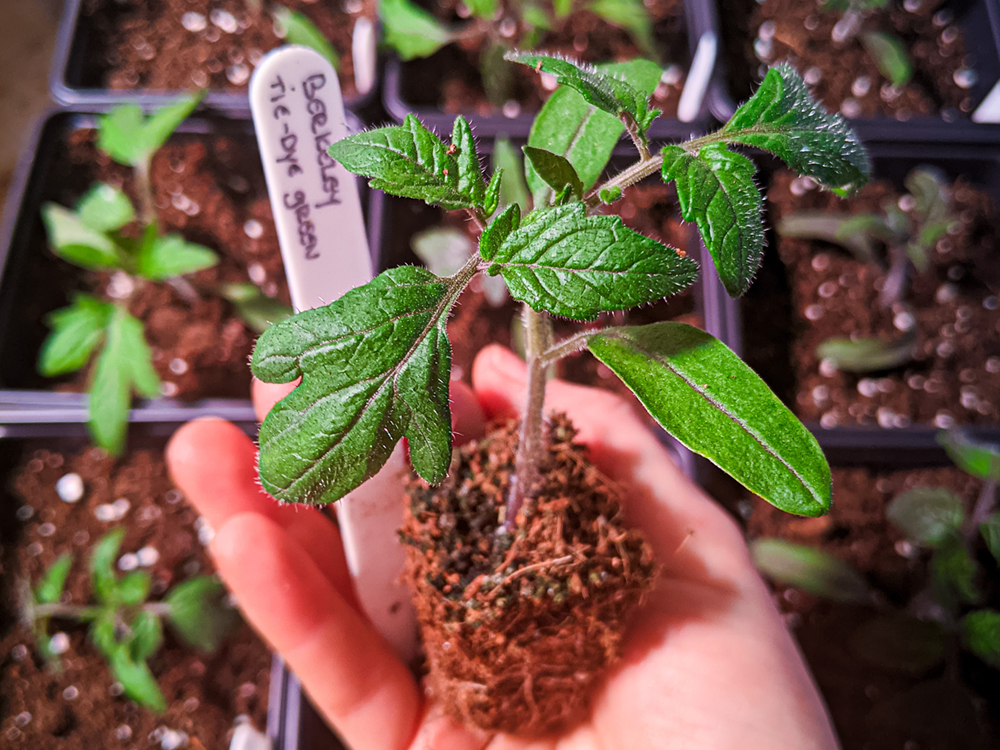
In order to get underway Diana’s got the easy2Propagate Complete Kit which has “a bit of everything in it at the moment. There’s flower seeds waiting to germinate, tomatoes, peppers, aubergines, chicory, kale cuttings, and I am trying to propagate 2-month-old loofas and micro dwarf tomatoes that are about to flower.” In this instance the easy2Propagate has been configured to run with an AQUAvalve5 for automatic watering, although it can be hand-watered. Diana’s water supply comes courtesy of a fully collapsible 25 L / 6.6 gal FlexiTank – eliminating the need for running water.
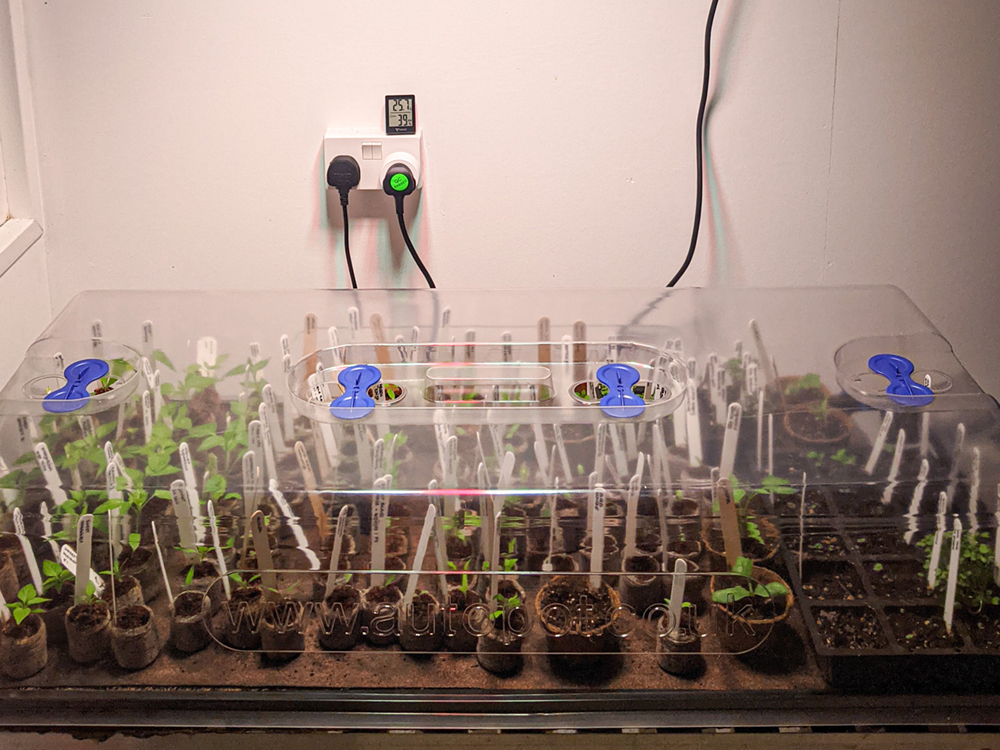
A timed heater takes the room to between 18°C and 24°C. This, combined with the AQUAvalve and a grow light, means that Diana can leave seedlings to develop and with absolutely minimal intervention required. “All of which makes growing more entertaining and less of a chore.” Incidentally, if you’re looking to heat just your propagator then heat mats represent another excellent option.
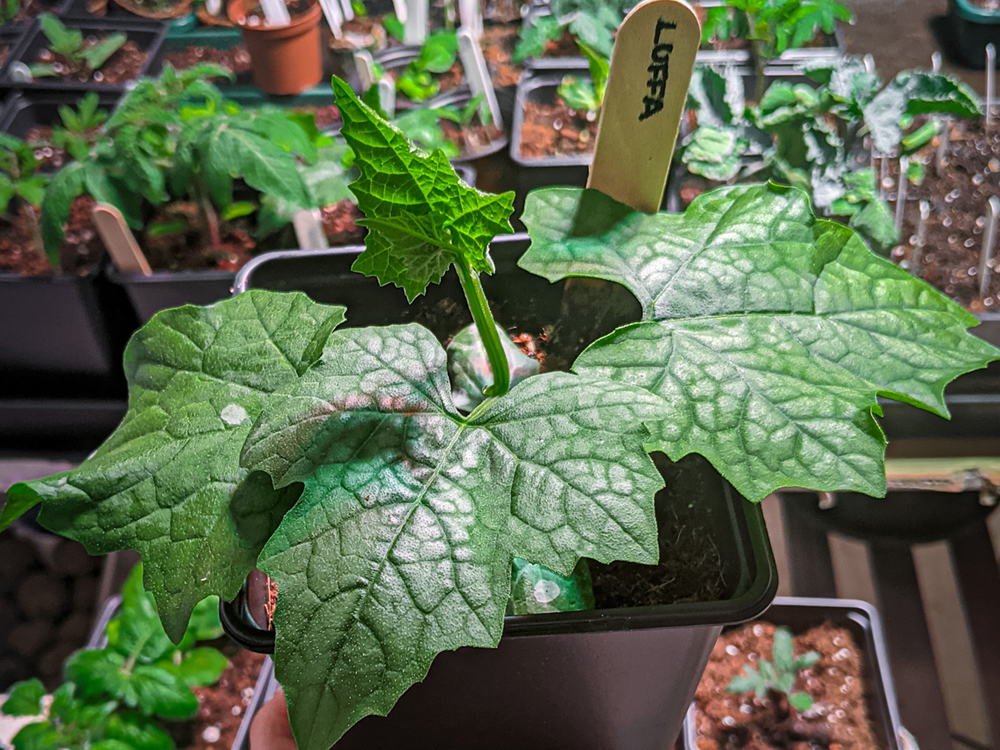
The capacity and versatility of the easy2Propagate come in handy with such a variety underway, in a wide range of containers. “I’ve got a mixture of everything – mostly seed trays going up to 11cm pots. Also, earlier in the year, when I was just starting the growing season, it was mostly coir pellets directly on the propagator, until the roots started to show.” Other viable options include root cubes, plugs, and growing directly on the root control sheet to name but a few.
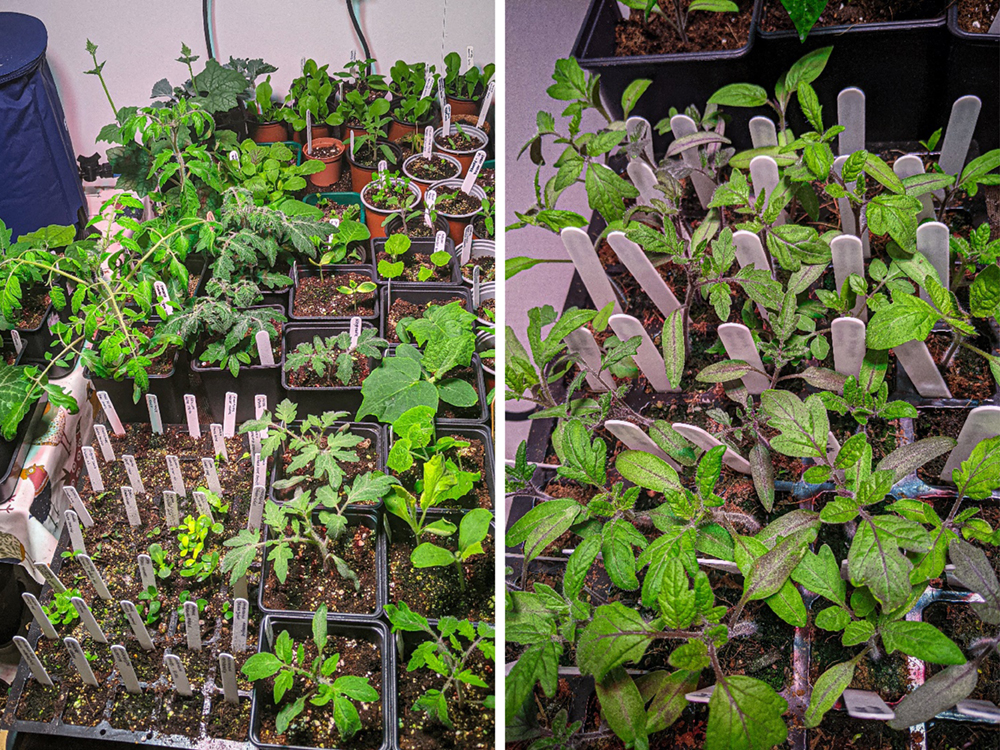
Time spent within the propagator is obviously variety-dependent. “Some seedlings ie. lettuce, leeks, Brussels sprouts, kale were in the propagator for few weeks. The companion plant flowers such as marigolds and cosmos were in the propagator 1-2 weeks.” Once germinated, Diana moves them into an unheated conservatory, where they are happy to grow in slightly cooler temperatures.
Come warmer weather, established plants will migrate to easy2grow and 1Pot Systems for side-by-side trials. Mills have kindly supplied a full range of substrates and nutrients, allowing Diana to get right underway. Potting up watering systems really is a breeze, but we understand that its unfamiliarity can daunt newcomers – so we’ve put together a handy potting up guide that you can access via our website. In her conservatory and greenhouse Diana will be “looking forward to splitting and growing some of my heat-loving vegetable plants using AutoPot and some traditionally. The veg plants will include a selection of chillies / peppers, aubergines, tomatoes and maybe a climber plant such as cucumber or melon”.
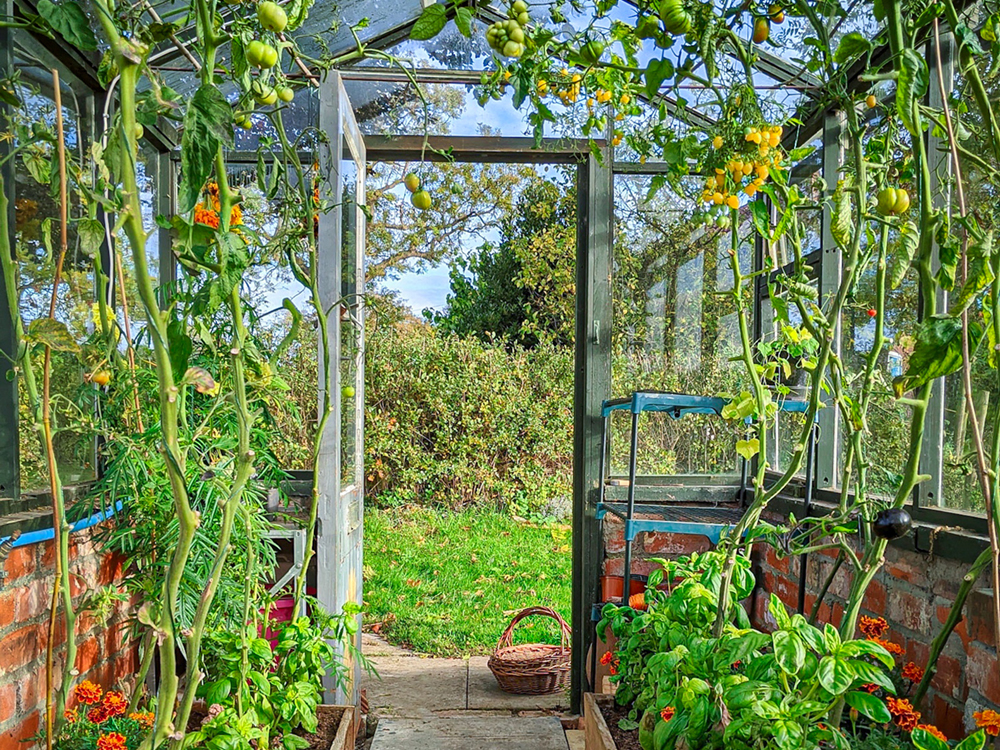
One of the things that really appealed to us with Good Life Garden is the depth of communication Diana has with her followers. Engagement is a ‘buzzy’ word but without it Insta life truly is all a bit ‘look at me’. Happy to say that Diana takes great pleasure in chatting about the highs, lows, hacks, and roundabouts of gardening with those that get involved with her feed. In her own words, “it also keeps the platform entertaining and fun – posting pictures on Instagram every day and not communicating or engaging with others would be boring”. We can heartily recommend a visit and very much look forward to sharing her uncommonly exciting and delicious exploits in fruit and veg.
| Monday | 9AM-5PM |
| Tuesday | 9AM-5PM |
| Wednesday | 9AM-5PM |
| Thursday | 9AM-5PM |
| Friday | 9AM-5PM |
| Saturday | Closed |
| Sunday | Closed |